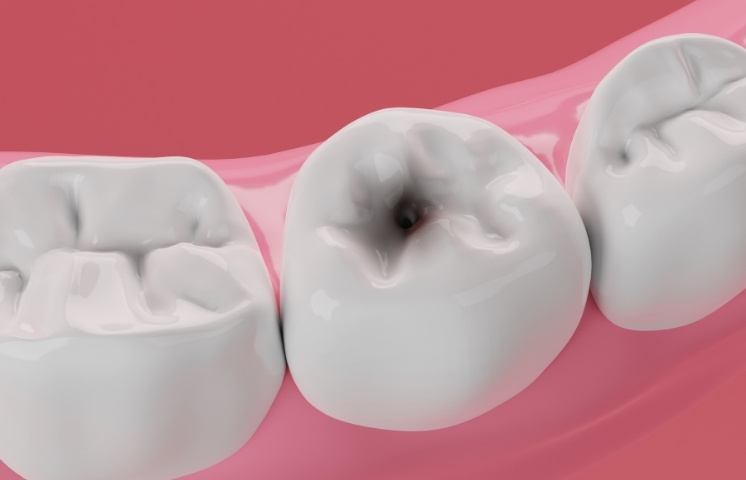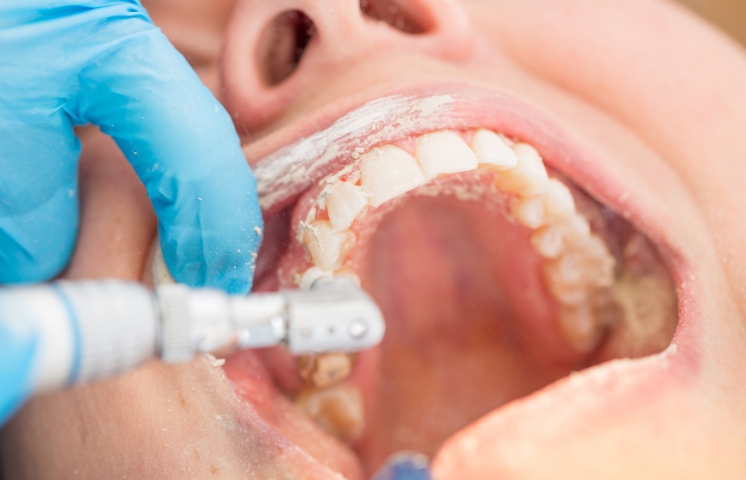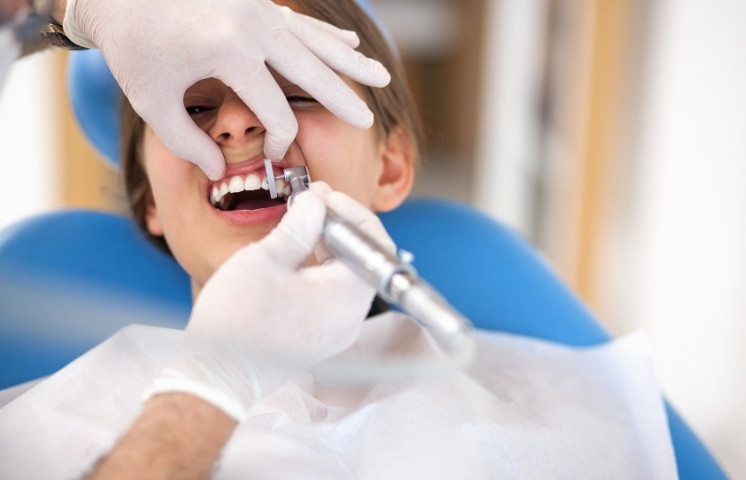How Stress Affects Your Oral Health and What to Discuss During Your Next Dental Exam?

Stress affects almost every part of our lives—emotionally, physically, and even in our mouths. Many of us don’t realize that the tension we feel from everyday pressures can have a direct impact on our oral health.
From increased teeth grinding to weakened gums, the effects of stress often go unnoticed until they become major problems.
If you’re experiencing any oral discomfort or unusual symptoms, it might be more than just a dental issue. Stress could be at the root of it. Understanding the connection between stress and oral health is key.
Let’s dive into how stress affects your smile and why it’s important to talk to your dentist about these issues during your next visit.
Common Oral Health Issues Triggered by Stress
Stress can trigger a variety of oral health problems. When you’re stressed, your body responds by creating tension in your mouth. The most common issues linked to stress include:
- Teeth grinding (bruxism): Often occurs during sleep, leading to worn-down teeth and jaw pain.
- Jaw clenching: This can contribute to muscle fatigue and discomfort in the face.
- Gum disease: Stress weakens the immune system, making it harder for your body to fight infections.
- Mouth sores and ulcers: Stress increases inflammation, making you more prone to painful sores.
These issues can become more serious over time, leading to tooth sensitivity, gum recession, or chronic pain. Discussing them with your dentist will help address problems before they worsen.
The Impact of Stress on Your Immune System and Oral Health
Stress doesn’t just affect your mind; it also weakens your immune system. When under stress, the body produces higher levels of cortisol, which can lower your body’s ability to fight infections. This directly impacts your mouth, making it more vulnerable to problems like:
- Gum disease: Bacteria can thrive, leading to swollen, bleeding gums.
- Flare-ups of pre-existing conditions: If you already have oral issues, stress can make them worse, exacerbating symptoms.
Stress-induced changes in your immune system can create an environment where infections take hold. This can make regular dental exams even more critical for early detection.
What You Should Discuss With Your Dentist About Stress-Related Issues?
During your next dental exam, it’s important to be open with your dentist about any stress-related issues you’ve been experiencing. Make sure to mention:
- Symptoms like jaw pain or teeth grinding.
- Any difficulty with your bite or facial tension?
- Frequent mouth sores or ulcers.
A proactive approach allows your dentist to offer treatments like mouthguards for teeth grinding or suggest preventive measures to minimize long-term damage. Your dentist may also recommend stress management strategies that could alleviate some oral health concerns.
Managing Stress for Better Oral Health
While you can’t always avoid stress, managing it can significantly improve your oral health. Here are some practical tips to help reduce stress and keep your mouth healthy:
- Relaxation techniques: Practice mindfulness, deep breathing, or meditation.
- Exercise: Regular physical activity reduces tension and improves overall well-being.
- Adequate sleep: Aim for at least 7-9 hours of rest each night.
- Balanced diet: Eating well supports a healthy immune system, which is essential for fighting oral infections.
Managing stress won’t just improve your mood; it can also prevent oral issues like gum disease and tooth grinding. Prioritize stress relief for both your mental and oral health!
How Regular Dental Exams Help Detect Stress-Related Oral Issues Early?
Routine dental exams and cleanings in Meadow Vista, CA, play a vital role in detecting stress-induced oral health issues early. Your dentist will examine your teeth, gums, and jaw for signs of wear or damage caused by teeth grinding, jaw clenching, or gum disease. By identifying these problems early, your dentist can provide timely treatments and preventive care to avoid long-term damage. Regular visits also help you stay on track with your oral hygiene, keeping your smile bright and healthy. Scheduling regular checkups ensures you address stress-related concerns before they become more serious.
Stress impacts more than just your mind; it affects your oral health in ways you might not expect. From teeth grinding to gum disease, stress can cause a range of issues. Regular dental visits and open communication with your dentist are crucial for catching these problems early. Take control of your stress levels, and keep your smile healthy and vibrant.




